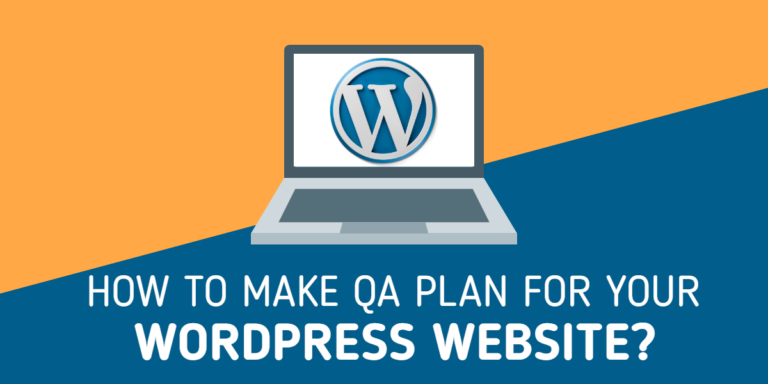With more than 25% of all websites on the internet, WordPress owns a considerable share of web traffic. Unfortunately, increased volume lends itself to a higher rate of attention from
hackers. According to WordPress, there are more than 4,200 different vulnerabilities associated with its websites.
However, there is some good news when it comes to the potential attacks on WordPress sites. A clear majority of avenues for security breaches lay in the WordPress plugins and brute force attacks. Thus, if you can manage to limit attacks in those two realms, you are protected from about 70% of WordPress weaknesses.
Many WordPress users leave themselves open to attack by ignoring the most basic security
advice. Attacks are often made against WordPress accounts that have a basic login and a
password that can be easily guessed. Likewise, users who neglect the advice of updating
plugins regularly face the prevalence of attacks.
WordPress recommends users choose a complicated username and password combined with regularly updating plugins. These two basic steps can help make your WordPress experience more secure. However, there are many more tactics to thwarting malicious attacks.
Multi-Factor Authentication
WordPress offers two-factor authentication, known as 2FA for short. This security feature
prevents most attempts at a brute-force attack (hackers guessing a username or password) by requiring users to verify identity via another device.
Users that elect to install a 2FA plugin will have to enter their usernames and passwords
followed by a code sent to their mobile device. Brute force attacks make up more than 15% of WordPress security breaches. 2FA puts a major roadblock in the way of hackers attempting this attack method.
Login Attempt Limits
One of the most significant vulnerabilities of a default WordPress account is the unlimited login attempts. This creates a haven for hackers attempting brute-force logins. With unlimited tries at guessing username and password, hackers can eventually get access to your WordPress account.
WordPress offers a plugin called Login Lockdown. Installing this tool allows users to set a limit for login attempts and a timeframe for how long the account will be locked out. This plugin is perfect for limiting hackers’ chances to use the brute-force method.
Use Security Scan Products
If you are serious about protecting your WordPress account and websites, consider investing in a plugin that scans for security issues. These scans look for problems and can remove malicious items immediately. Security scanning plugins are akin to anti-virus and anti-malware software. While these products often charge a subscription fee, the comforting feeling of security can prove priceless.
SSL Encryption
Secure Socket Layer can serve two purposes for your WordPress site. Arguably most important, it provides the possibility to encrypt information traveling from your server to the browser of the person visiting your site. Encrypting the data denies the opportunity for a hacker to access it as it travels.
Secondly, the all-powerful Google prefers sites using SSL and will rank them higher in
searches. As you know, a higher-ranking site means more visits from those searching for what you have to offer.
Some hosting providers offer SSL encryption as part of the package price. If not, there are
independent SSL vendors who provide the certificate for a fee.
VPN
The Virtual Private Network security tool is invaluable to users when they are accessing
WordPress outside the security of a home or work network. The prevalence of mobile devices and working on the go have created an atmosphere of malicious intent on public networks.
If a hacker accesses the same unprotected network a user is on, it is possible for the hacker to see everything the user is doing. This includes viewing a WordPress username and password. Even if a user is accessing WordPress via HTTPS, the hacker could gain valuable information about the host which could lead to a future attack.
VPN acts as an encrypted tunnel from the user to the server and back. Users who are forced to access WordPress on a public, unsecured network can feel confident that a VPN will protect their accounts. A VPN significantly decreases the likelihood of infiltration by a malicious attacker.
Conclusion
WordPress sites are vulnerable to malicious attacks. Even WordPress admits this is true and
recommends users do all they can to shore up the security of their accounts. A strong username and password along with regular updates are a great first step. However, WordPress users should take further measures to protect themselves from a security breach.
To know more about VPN, check this beginner guide by Best VPN.org



